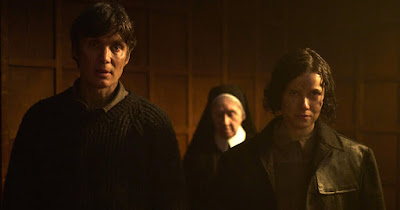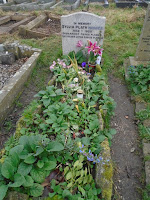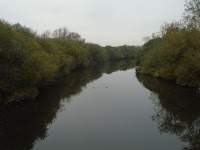I was first introduced to Bowles in a serendipitous way. In the summer of 1967, shortly after I left home and went to New York City, I passed a large box of overturned books spilling out into the street. Several were scattered across the sidewalk, and a dated copy of Who’s Who in America lay open before my feet. I bent down to look, as a photograph caught my eye above an entry for Paul Frederic Bowles. I had never heard of him but I noticed we shared the same birthday, the thirtieth of December. Believing it to be a sign, I tore out the page and later searched out his books, the first being The Sheltering Sky. I read everything he wrote as well as his translations, introducing me to the work of Mohammed Mrabet and Isabelle Eberhardt. Three decades later, in 1997, I was asked by German Vogue to interview him in Tangier. I had mixed feelings about my assignment, for they mentioned he was ill. But I was assured that he had readily agreed and that I would not be disturbing him. Bowles lived in a three-room apartment on a quiet street in a straightforward fifties-modern building in a residential section. A high stack of well-travelled trunks and suitcases formed a column in the entranceway. There were books lining the walls and halls, books that I knew and books I wished to know. He sat propped up in bed, wearing a soft plaid robe, and appeared to brighten when I entered the room. I crouched down trying to find a graceful position in the awkward air. We spoke of his late wife, Jane, whose spirit seemed to be everywhere. I sat there twisting my braids, speaking about love. I wondered if he was really listening.—Are you writing? I asked.—No, I am no longer writing.—How do you feel now? I asked.—Empty, he answered'. ......
On Wiki I also found out that yet another great person was
also born on December 30, but this time in 1879 which was the Indian sage Ramana
Maharshi. I discovered him via Eckhart Tolle. I have been
reading a book about Ramana Maharshi recently, so I might write about him in
2025. Anyway, happy birthday to the one and only Patti Smith, and don’t forget....
People Have The Power! (I have added a video below of Patti singing a Bob
Dylan song from the last time we saw her which was 3 years ago in
Bath)




.jpg)




.jpg)
























.jpg)

















.jpg)








